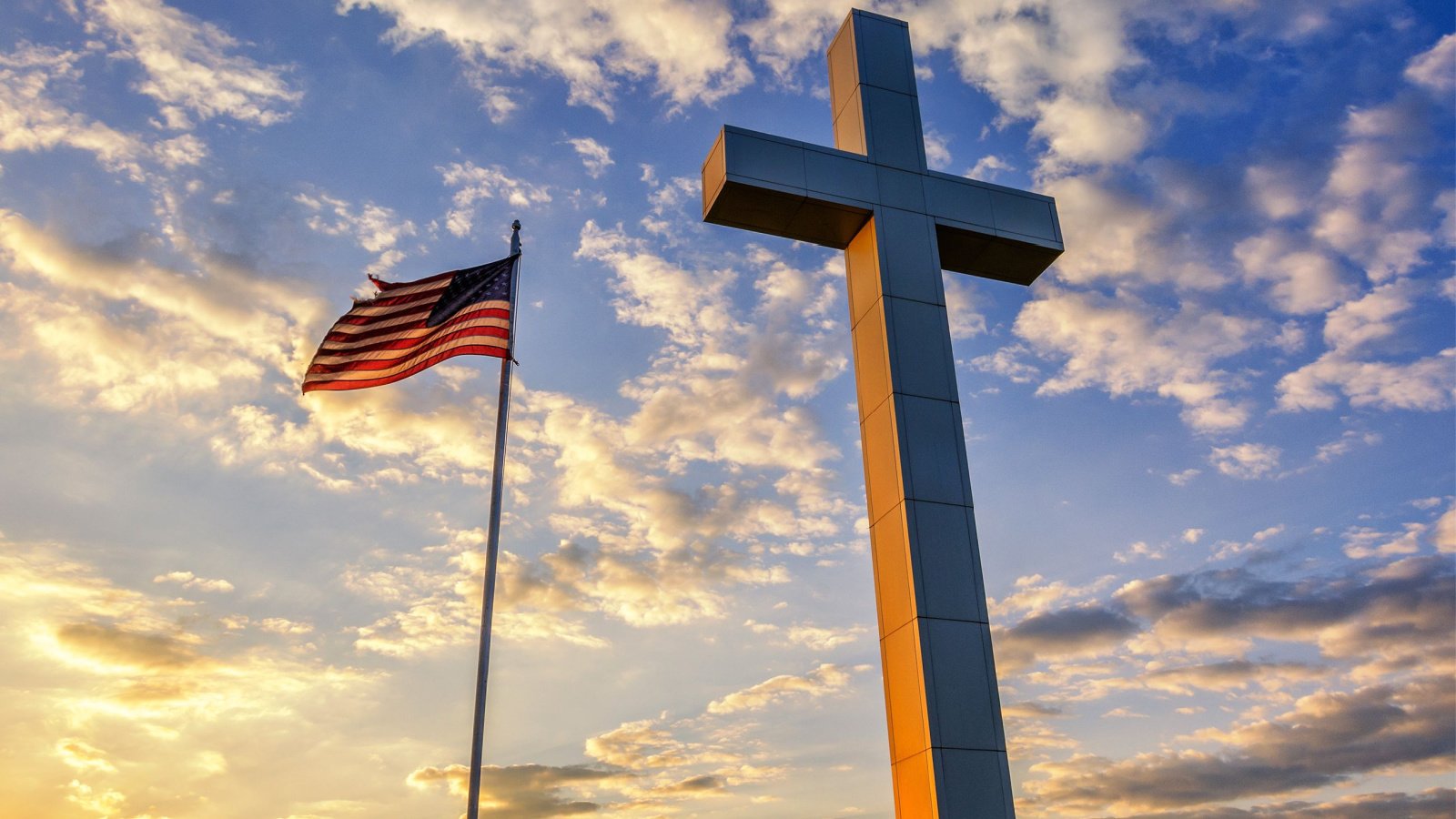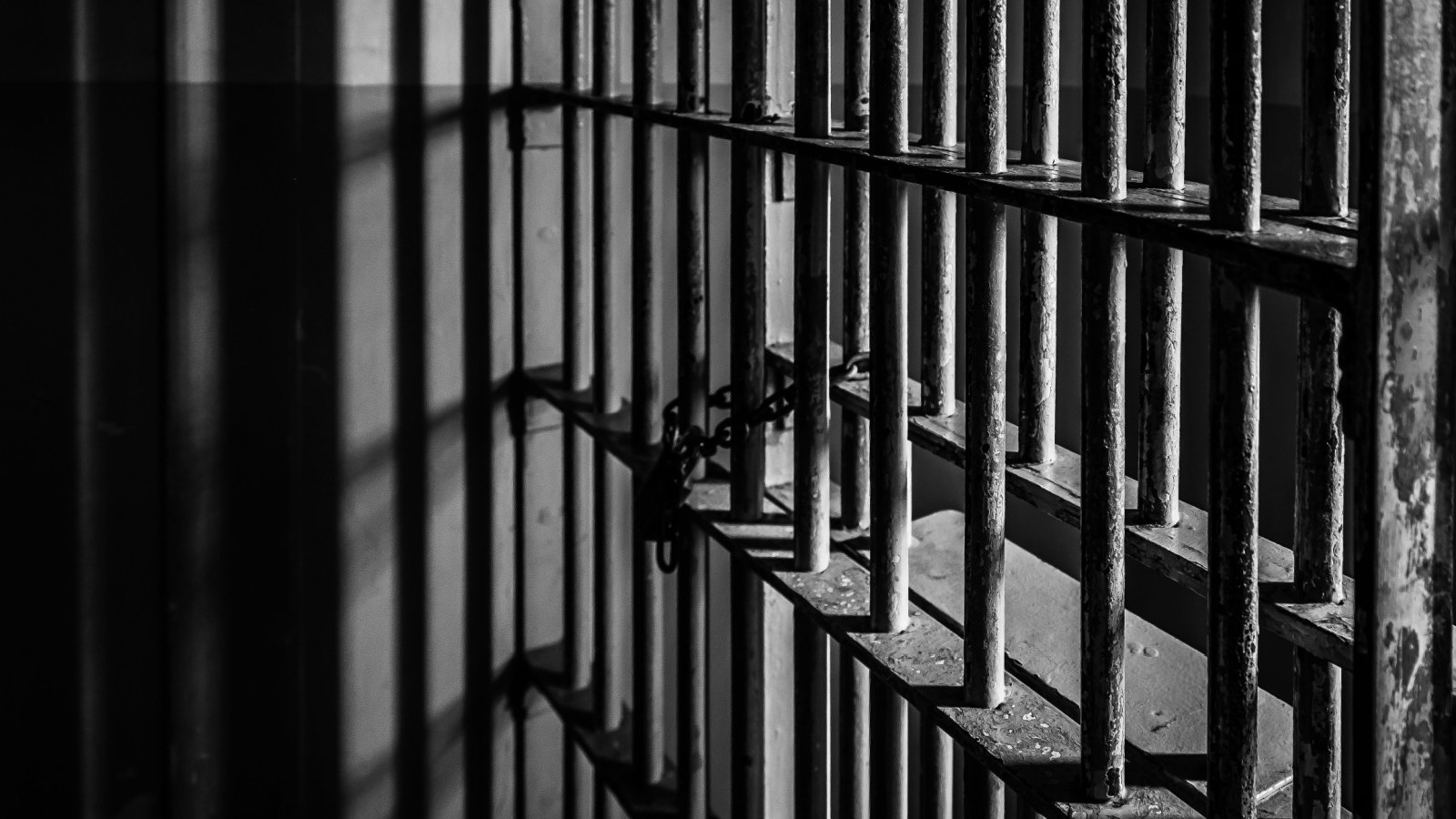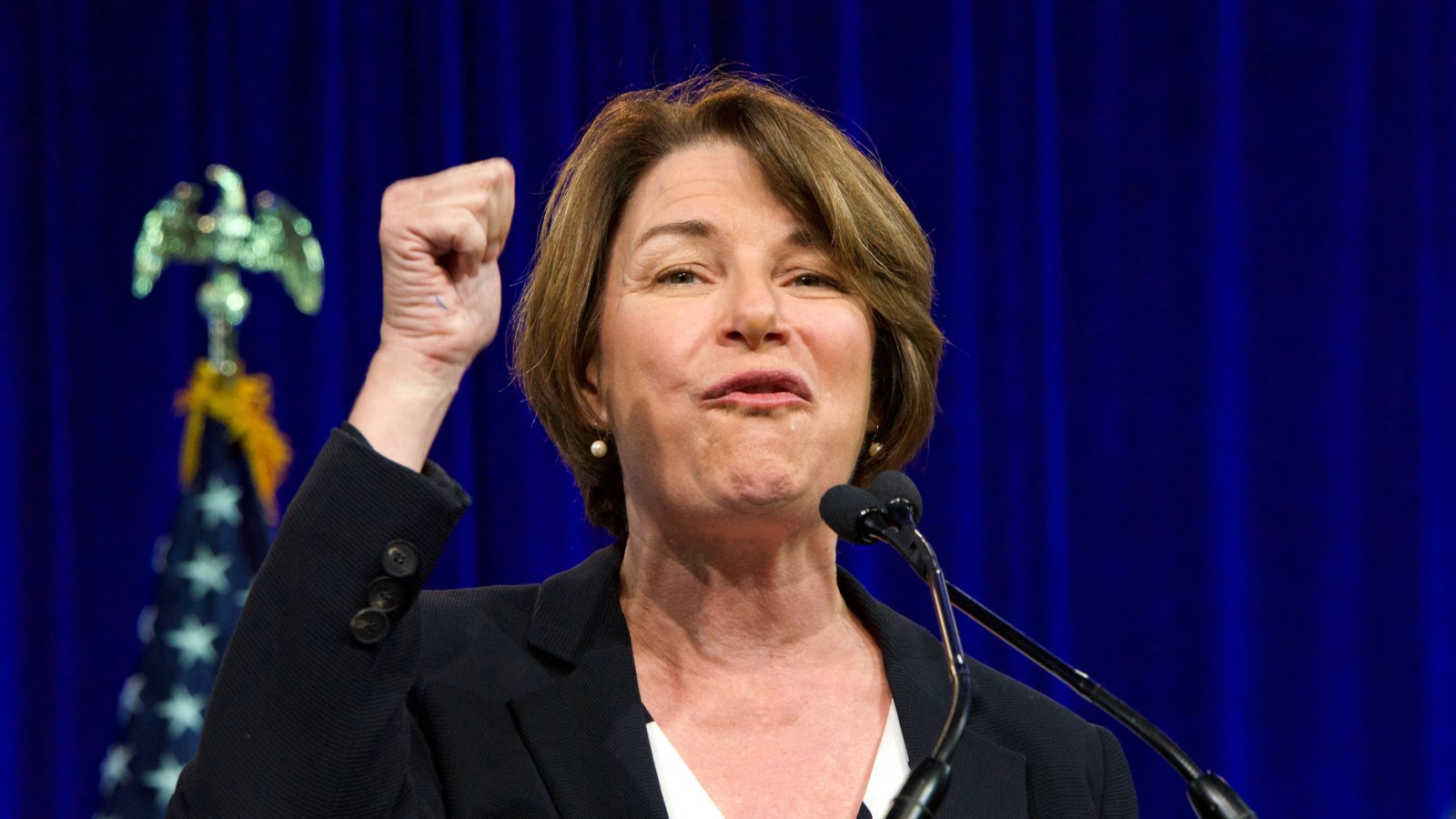In Nebraska, the intersection of education reform and religious instruction is sparking intense debate among lawmakers, educators, and parents. At the heart of the controversy are proposed legislative changes aimed at reshaping school funding, expanding parental control, and integrating religious education into the public school curriculum.
A Push for Faith in Classrooms

In the heart of Nebraska, where Republican ideals flourish, conservative lawmakers are making waves with their latest educational proposals. Their agenda? To blend religious teachings with the school curriculum, showcasing a series of bills aimed at reshaping educational norms.
Parental Power Over Education

A spotlight on parental rights shines brightly in Nebraska, with proposed legislation granting parents greater sway over school libraries and what their children learn. Another bill is on the table too, offering students the chance to earn academic credit for religious studies outside their school walls, a move that blurs the lines between church and state in public education.
Funding Faith and Freedom

Senator Dave Murman is at the forefront, championing a bill that not only simplifies parental intervention in school content but also revisits funding schemes to include private schooling. Last year’s efforts were sidelined, but the focus was on a significant victory: a law that funnels taxpayer dollars into private school scholarships, now facing public scrutiny via an upcoming vote.
Leadership with a Conservative Lens

The Nebraska Legislature, a unique single-chamber body, witnessed a strategic shift in leadership, placing Murman, a staunch conservative and farmer, at the helm of the Education Committee. This change, part of a broader conservative strategy, underscores a deliberate move to steer educational policies toward the right.
Nationwide Cultural Clash in Education

This local story echoes a national trend, where Republicans are zeroing in on cultural battles within the educational sphere. From the content of school libraries to the narratives around diversity and inclusivity, conservatives across the U.S. are drawing lines in the sand, aiming to reshape the educational landscape to reflect their values.
Revolutionizing School Funding

Senator Steve Erdman is spearheading a bold initiative to overhaul school funding in Nebraska, proposing a $5 billion bill that pivots away from local property taxes to state-managed education savings accounts for every student. This move aims to democratize education funding, allowing for more choice in whether funds go towards public, private, or homeschooling expenses, inspired by Arizona’s approach to educational choice.
A Controversial Approach

Yet, the proposal is not without its detractors, who point to Arizona’s mixed results with similar legislation, raising concerns over the emergence of unstable charter schools and potential financial strains on small, rural districts. Amidst these debates, a contentious provision arises, prohibiting the state from dictating the curriculum or beliefs of private schools, igniting fears of unchecked educational content.
A New Educational Freedom

In another legislative effort, Senator Loren Lippincott introduces a bill to credit public school students for attending religious classes during school hours, arguing it would foster moral development and reduce behavioral problems. This inclusive initiative welcomes all faiths, provided the teachings align with school policies, marking a significant step towards integrating religious education within the public school framework.
Easing the Path for Teachers

Amidst these heated discussions, a proposal from Senator Kathleen Kauth seeks to address Nebraska’s teacher shortage by simplifying certification for out-of-state educators through a knowledge exam. Despite some pushback for its perceived leniency, this pragmatic solution garners broad support, including an endorsement from Governor Jim Pillen, highlighting a rare moment of consensus in a session dominated by divisive education policies.
Bridging Educational Divides

The landscape of Nebraska’s education system stands at a crossroads, with Erdman’s ambitious funding overhaul representing a pivotal shift toward a more equitable distribution of educational resources. This initiative not only challenges the traditional reliance on local property taxes but also ignites a broader conversation on educational equity and choice, aiming to level the playing field for students regardless of their zip code.
The Debate on Academic Impact

Critics of Erdman’s proposal argue that similar measures in other states have not led to notable academic improvements, citing Arizona’s experience as a cautionary tale. They worry about the potential for hastily established charter schools to exploit the system, benefiting financially without delivering quality education, and the unique challenges such a funding model might pose to Nebraska’s diverse school districts.
Rural Concerns and Curriculum Autonomy

Among the concerns raised is the potential impact on rural education, where smaller student populations might suffer from reduced funding. Additionally, the bill’s stipulation that private schools’ curricula remain beyond state oversight raises questions about educational consistency and accountability, sparking a lively debate on the balance between freedom and regulation in educational content.
Cultural and Educational Autonomy

The controversy surrounding curriculum autonomy highlights a complex intersection of educational policy and cultural values. Critics like Ron Cunningham underscore the paradox in legislative attitudes towards educational content, pointing out potential conflicts between legislative preferences and the unrestricted freedom granted to private schools under Erdman’s bill.
Expanding Horizons with Religious Education

Senator Lippincott’s proposal introduces a novel dimension to the educational debate by advocating for the inclusion of religious education within the public school framework. This approach suggests a holistic view of student development, valuing moral and ethical growth alongside academic achievement and proposing a solution to behavioral challenges through spiritual education.
A Unified Approach Against Teacher Shortage

Senator Kauth’s initiative to streamline the certification process for out-of-state teachers addresses a pressing concern in Nebraska’s educational landscape—the teacher shortage. By proposing a solution that attracts bipartisan support, this bill underscores the importance of pragmatic, non-partisan approaches to improving education, emphasizing the need for qualified educators to enrich Nebraska’s classrooms.
The Future of Nebraska’s Education

As these bills navigate through legislative scrutiny, they collectively paint a picture of a state at the forefront of reimagining educational funding, curriculum freedom, and teacher certification. The outcomes of these legislative efforts could set precedents for educational policy nationwide, reflecting a broader national dialogue on the role of choice, diversity, and innovation in shaping the future of American education.









Awesome post! Join the fun at https://www.whatswangyeban-xxn.com 使用 WhatsApp 网页版,您可以方便地编辑和转发消息,节省沟通时间。 . Date: 2026-01-14 16:32:00 (-03).